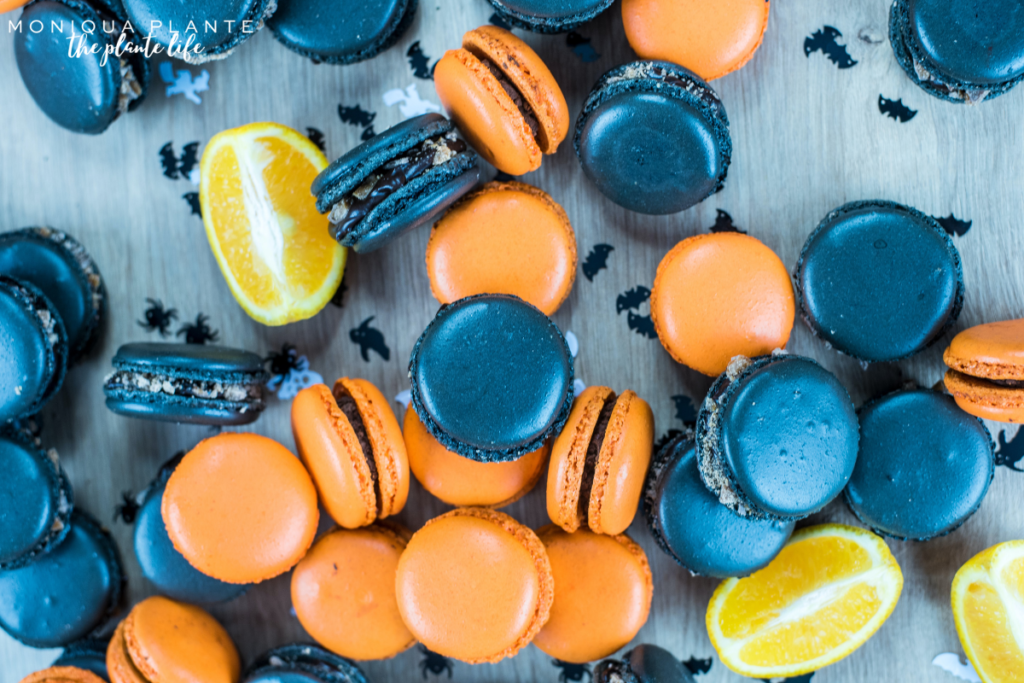Don’t let that Halloween candy go to your head… literally! Sugar can have some downright wicked effects on your brain.
Even if this year’s Halloween festivities end up more casual, most of us will stock the candy bowl just in case. Americans are really into the sweet stuff. In fact, the average American diet contains more than twice the WHO’s recommended daily caloric intake from sugar.
And that doesn’t come as a spooky surprise since 74% of all packaged foods contain some form of sugar—even if it’s called by a different name to fool you. But after the sweetness subsides, there comes the candy coma. We feel lousy, we can’t think on our feet and we’re irritable.
Let’s face it—sugar turns us into zombies!
Read on to learn more about how sugar works its mischievous magic on our brains (plus a few tips to clear your bod of this unhealthy ghoul)!

When we think of sugar, we automatically envision something bad, but I’ll admit, that’s not necessarily true.
Glucose, the simple sugar that the body derives from the breakdown of our food, is essential fuel to keep our organs and vital systems running. It’s only when we consume too little or too much (and in the form of the fake stuff, which is more often the case) that we start to see problems in how we feel and function.
Plus, we can derive glucose naturally from healthy, natural foods; we don’t need the extra help from the food industry to find enough!
Just take a look at some of the effects sugar has on our brain, and you’ll see why.
Candy Cane Gateway
No tricks this time: sugar is like the cocaine of the food world and just as addictive.
Studies show that sugar, which releases opioids and dopamine—the “feel good” chemicals—produces the same behaviors and changes in the brain that would diagnose addiction to drugs and alcohol. Neuroscientist Jordan Gaines Lewis explains that by overstimulating the brain’s reward system, it basically rewires us to keep the sugar high cycle going.
That’s why we often can’t stop after one piece of candy. Nicole Avena, Ph.D., assistant professor of neuroscience at Mount Sinai School of Medicine, calls sugar a rarity among dopamine-producing foods. While most only produce the chemical the first time we taste it, refined sugar continues its assault, giving us hit after hit.
Now do you see how it’s similar to a drug?
Hungry Hungry Hippocampus
The hippocampus is like the brain’s memory archive. Studies show that too much sugar can prevent new neurons from being formed, leading to poor memory retention, and an increase in inflammation.
So, not only can the after-candy crash cause you to be more forgetful, but it also affects other cognitive areas, like concentration, logic, learning and motor skills.
High blood glucose levels over time can also lead to potential diseases, such as diabetes, Alzheimer’s and dementia. By interfering with the way our brain communicates and causing gray matter to shrink or atrophy, we could actually lose some blood flow to our brain. Yikes!
Bittersweet Experience
Another cognitive function that sugar messes with is our ability to self-regulate our emotions. By over-producing the mood-boosting neurotransmitter serotonin, sugar depletes our brain’s reserves. That means that until the serotonin stockpile is replenished, we’ll have a harder time bouncing back from disappointments or be more irritable.
Serotonin also manages willpower and delayed gratification, so too much sugar could really knock you off track of your long and short-term goals without you even realizing it.
Slay The Sugar Dragon
The good news is that there is life after sugar! Your brain can readapt when you cut back on this sneaky ingredient, though it may take some time.
For the short-term, here are some of my favorite tips to help you detoxify your bod and snap out of this weekend’s candy coma before work on Monday.
Are you ready to give up sugar for good, or at least cut back? Are you concerned about the effects sugar has on your brain and mood? Let me know about your experience in The Badass Beauty Club on Facebook!
And be sure to join me for the Facebook LIVE GIVEAWAY AWARD WINNERS announcement on Friday, October 30th at 5PM PT!
LOVE + a healthy Halloween!

+ show Comments
- Hide Comments
add a comment